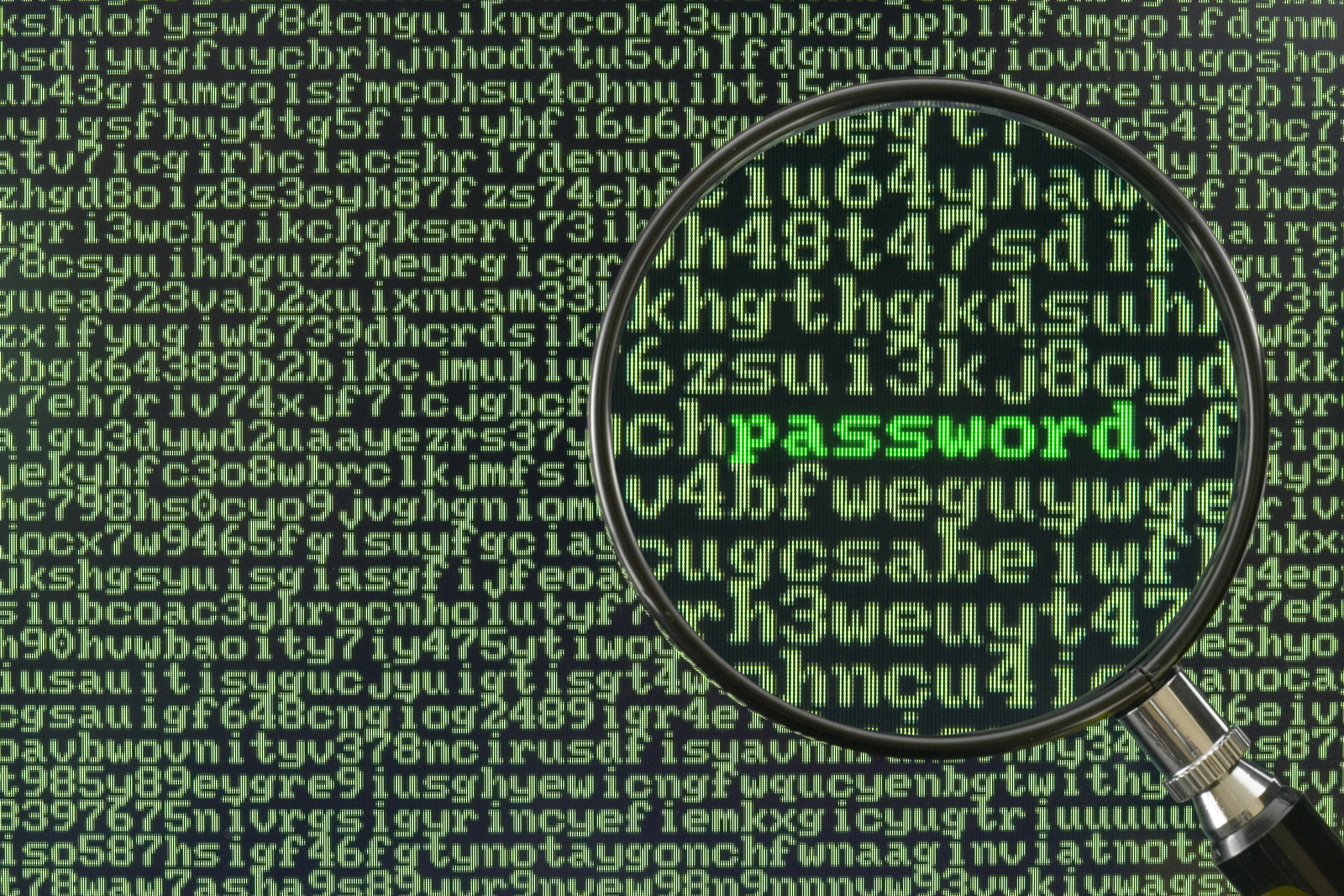 Growing up, I have always thought that the term “hacker” had
a negative connotation and associated the term with a cyber-criminal. Why?
Mainly, it’s because of how the media gives most of its attentions to ‘black-hat’
hackers, people who hack with unethical intentions. Just imagine how shocked I
was when I found out that hacking can actually be a good thing and that all
hackers aren’t some sort of cyber criminals. Once I learned about the existence
of ‘white-hat’ hackers, people who hack in order to improve security, I gained
a new appreciation for hackers and learned about the importance of hacking.
Growing up, I have always thought that the term “hacker” had
a negative connotation and associated the term with a cyber-criminal. Why?
Mainly, it’s because of how the media gives most of its attentions to ‘black-hat’
hackers, people who hack with unethical intentions. Just imagine how shocked I
was when I found out that hacking can actually be a good thing and that all
hackers aren’t some sort of cyber criminals. Once I learned about the existence
of ‘white-hat’ hackers, people who hack in order to improve security, I gained
a new appreciation for hackers and learned about the importance of hacking.
What exactly is hacking? Hacking “is the practice of
modifying the features of a system, in order to accomplish a goal outside of
the creator’s original purpose” and although there are many types of hacking
(phone hacking, brain hacking, etc), “computer hacking is the most popular form
of hacking nowadays, especially in the field of computer security” (http://whatishacking.org/).
White-hat hackers or ethical hackers are invaluable because
they are extremely good at spotting bugs and security holes. They can
demonstrate the vulnerabilities in the security of large companies so that it
can be fixed. With the rise of cyber-crime, ethical hacking is a great way
fight against online threats. Cyber-security is a major issue and there is a
growing demand for ethical hackers.
Black-hat hackers or crackers are people who hack with
malicious intent without authorization. They “typically want to prove his or
hacking abilities and will commit a range of cyber-crimes, such as identity
theft, credit card fraud and piracy” (Bodhani.). Recently, Adobe was hacked and millions of customers’ data was stolen. Specifically, their IDs, password,
and credit card information was obtained. Because of this attack, the company’s
brand was tarnished and many of their customers were negatively affected. This
just proves the importance of Cyber-security and the need for white-hat hackers
to expose these holes in security to the company.
There are many more types of hackers like grey-hat, blue-hat,
Elite hacker and etc. If you would like to learn more about the different types,
you can read this informative article. If you want to hack, then stay away from
the dark side as there are way too many consequences.
Works Cited
Bodhani, Aasha. "Ethical Hacking: Bad in a Good Way." E & T Magazine. N.p., 17 Dec. 2012. Web. 27 Oct. 2013. <http://eandt.theiet.org/magazine/2012/12/bad-in-a-good-way.cfm>.



